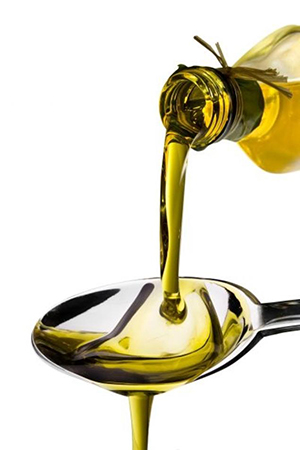How to make Olive oil
Rules to make a good extra-virgin olive oil.
Every producer who wants to make a good extra-virgin olive oil, should follow these rules:
1) Control the health of the fruit and check treatments ONLY WHEN IT STRICTLY NECESSARY (guided struggle), respect doses and time of weakness.
2) Pick up the fruit at the beginning of the veraison or immediately after (not in phase of maturation).
3) It is prefered manual harvesting or gathering on olive-nets insted of natural flow.
4) Don’t pick up olive off the ground or olive hail-stricken or infected.
5) Store olive in a fresh and airy place, into stackable boxes which can contain about 20 kg of olive: in this way there could be a perfect ventilation to prevent overtemperature of olive and the beginning of fermentation.
6) Don’t put olive in iute or plastic bags.
7) If you have a little oil mil, press the olive the same day and in this way you will produce an excellent and high-quality product characterized by a low level of acidity, peroxides and high number of polyphenols (polyphenols protect oil from oxidation and they serve as antioxidant for our health).
8) If you don’t have a little oil mil, go to an oil mil to press olive as soon as possible (the loss of water doesn’t mean that there is an increase of oil). 9) It’s important to verify the conditions of hygene in the oil mil you choose, conditions of mats and machines. Pay attention to the quality of olive pressed before yours.
10) When you bring the olive oil home, transfer it into stainless steel containers. We strongly recommend to use stainless steel taps not chromed brass taps.
11) Keep the product in a fresh place and protect it from the light. Keep the oil from freezing (it freezes below 12 °C). You must transfer the oil as soon as possible, so that you keep unavoidable funds formed by spoliation of the product away.
12) The place to conserve olive oil it shouldn’t be a farm shed where it is possible to find smell of: gasoline, fuel oil, paints and thinners etc. Olive oil is as a sponge, it can soaks up every bad smell!
13) It’s a good thing to make an analysis to know acidity levels, peroxides and polyphenols.








